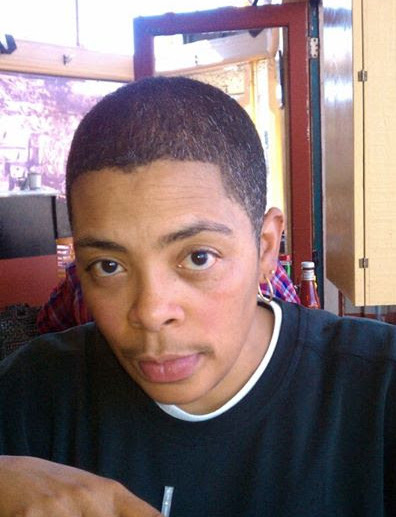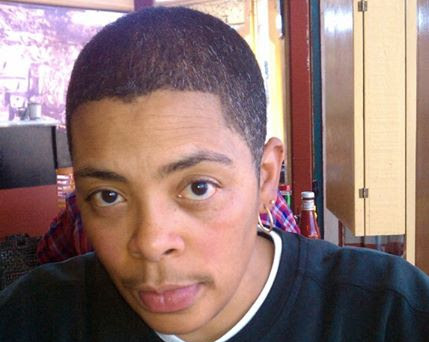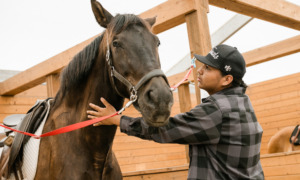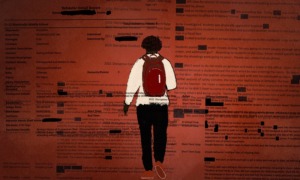 Last week, I attended the National Beacon Conference in Denver, Colo. It was an incredible convening of practitioners and students from all over the country. Beacon began in the early ’90s in New York City. The crack epidemic, and its attending issues, were at an all-time high. Government officials had the choice of either building more prisons or supporting the hardest hit neighborhoods with community programs based on school campuses. Beacon was that program. This yearly conference is an opportunity for Beacon staff and students to get together and share promising practices and challenges in youth leadership and development, family engagement and evaluation.
Last week, I attended the National Beacon Conference in Denver, Colo. It was an incredible convening of practitioners and students from all over the country. Beacon began in the early ’90s in New York City. The crack epidemic, and its attending issues, were at an all-time high. Government officials had the choice of either building more prisons or supporting the hardest hit neighborhoods with community programs based on school campuses. Beacon was that program. This yearly conference is an opportunity for Beacon staff and students to get together and share promising practices and challenges in youth leadership and development, family engagement and evaluation.
During the morning plenary, my colleague, scholar and friend, Sarah Zeller-Berkman, said that we had to “hack” education. I was immediately intrigued. Aren’t hackers these brilliant computer whizzes turned criminals who make money stealing thousands of credit card numbers from so-called secure systems — for instance, Target, around Christmas? Don’t hackers exploit the fact that you’ve used your birthday as your password since college, sending all of your contacts ads for Rogaine or the newest flat screen TV? Aren’t hackers people who play high stakes global poker with the virtual security of the world? I mean, aren’t they the bad guys who sit behind computer screens thinking of ways to make the rest of us have a bad day? Certainly, those at the conference were the opposite of all that. Curious, I went to the ultimate authority: Wikipedia.
Apparently, hackers who maliciously exploit weaknesses in computer systems are called Black Hats, which brought the cold war cartoon Boris and Natasha immediately to mind (date myself much?). It’s a funny image, but the damage these folks cause to people’s lives is anything but. There are also White Hats, who combat the Black Hats and use their computer skills for good not evil, like the character Garcia on the TV show “Criminal Minds.” She is brilliant, eclectic and able to defend and attack with a few computer keystrokes, often helping her team solve or prevent crimes. Even though their end games are diametrically opposed, the qualities that make them successful are similar. These hackers are smart, innovative discoverers who are not afraid to tinker with systems until they actually control and transform them. They are master problem solvers and risk takers, who aren’t intimidated by the prospect of failure. In fact, hackers use their failures to relentlessly and systematically clear obstructions and remove barriers to achieve their goals.
I found the concept exhilarating but not that new. Educational warriors such as Paolo Freire, Marty Blank, Jeff Duncan-Andrade and Lisa Delpit have tirelessly hacked education. Building on this legacy of hackers/Freedom Fighters, the smart, creative and dedicated problem solvers in that room could truly dismantle the harmful and unproductive parts of the educational system as we know it. I was reminded of a book called “Teaching to Transgress.” In the book, feminist, educator and cultural critic, bell hooks (sic) wrote, “Education is the practice of freedom.” “Hacking to Transgress” could be the name of our contribution to that notion.
It was quite an experience to be in a room full of kids of color, watching as the idea of hacking their education took root. It dawned on me that perhaps explaining the hacking concept to our youth is actually the real hack as we are connecting them with the idea that they are essential actors, not just bystanders, in their education. But I realized that their education was only part of the picture. In order for them to really see education as the practice of freedom, we need to help them to see themselves as the most powerful tinkerers there are, able to take all the systems of their lives apart and reassemble them in a way that makes better sense. We have to help them reimagine the concepts of tinkering and failure, as necessary components of the process of transformation. We can help them see that the final frontier is actually not cyberspace or education, but the ability to transgress against all the boundaries that threaten to diminish their existence. I think that that would be a revolution that both the White Hats and Freedom Fighters would be proud of.
Carol R. Hill is the director of the Bayview Beacon and the author of “Powersharing: Building Community School Relationships from Friendship to Marriage,” published in Afterschool Matters, Fall 2011. Hill is working on her doctorate in education at San Francisco State University.

























